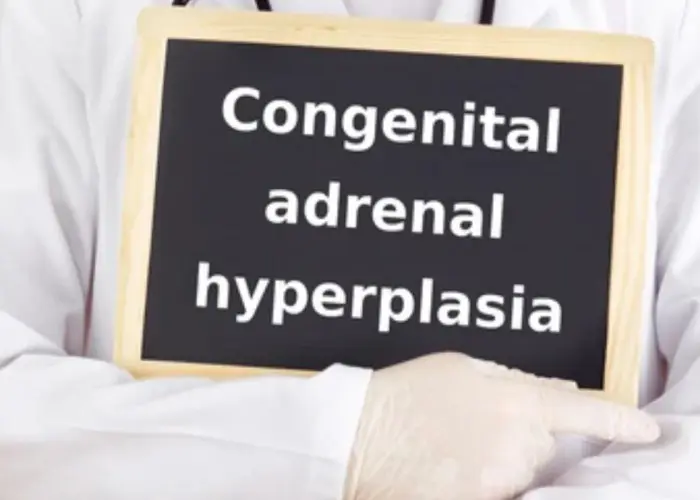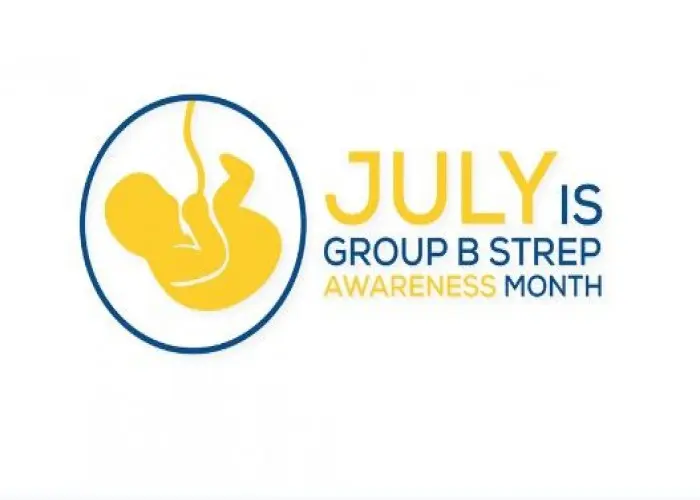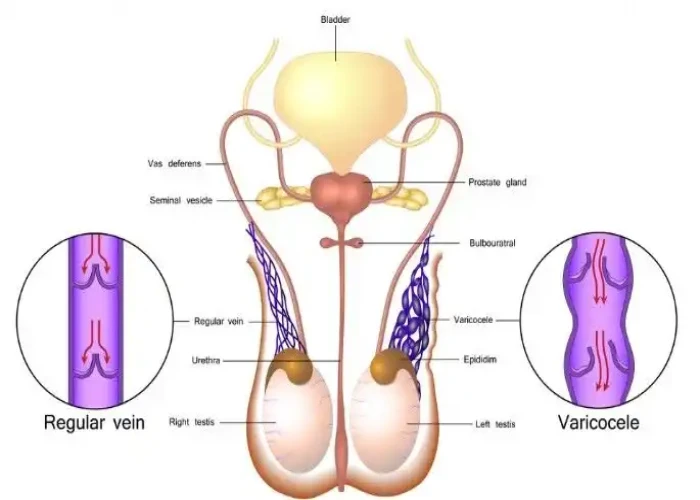 Welcome
Welcome
“May all be happy, may all be healed, may all be at peace and may no one ever suffer."
Cardiomyopathy

Cardiomyopathy is a medical condition that affects the heart muscle and can lead to a variety of symptoms, including shortness of breath, fatigue, chest pain, and heart palpitations. There are several types of cardiomyopathy, including dilated, hypertrophic, and restrictive cardiomyopathy, and the cause of the condition can vary. Some common causes of cardiomyopathy include genetic factors, viral infections, alcohol abuse, and certain medications. Diagnosis of cardiomyopathy may involve a range of tests, including a physical exam, electrocardiogram, echocardiogram, and cardiac catheterization. Treatment for cardiomyopathy may involve medications to manage symptoms, lifestyle changes, such as diet and exercise, and in some cases, surgery or implantation of a heart device. In some cases, a heart transplant may be necessary. It is important to work closely with your healthcare provider to develop an individualized treatment plan for cardiomyopathy, as the best approach will depend on your specific situation.
Research Papers
Disease Signs and Symptoms
- Swollen leg
- Difficulty lying flat to sleep
- Dizziness, lightheadedness or faintness
- Dizziness (vertigo)
- Rapid fluttering heartbeats (palpitations)
- Fatigue (Tiredness)
- Cough while lying down
- Abdomen bloating due to fluid buildup
- Swollen feet and ankles (edema)
- Rapid heartbeat (tachycardia)
Disease Causes
Cardiomyopathy
Often the cause of the cardiomyopathy is unknown. In some people, however, it's the result of another condition (acquired) or passed on from a parent (inherited).
Certain health conditions or behaviors that can lead to acquired cardiomyopathy include:
- Long-term high blood pressure
- Heart tissue damage from a heart attack
- Long-term rapid heart rate
- Heart valve problems
- COVID-19 infection
- Certain infections, especially those that cause inflammation of the heart
- Metabolic disorders, such as obesity, thyroid disease or diabetes
- Lack of essential vitamins or minerals in your diet, such as thiamin (vitamin B-1)
- Pregnancy complications
- Iron buildup in your heart muscle (hemochromatosis)
- The growth of tiny lumps of inflammatory cells (granulomas) in any part of your body, including your heart and lungs (sarcoidosis)
- The buildup of abnormal proteins in the organs (amyloidosis)
- Connective tissue disorders
- Drinking too much alcohol over many years
- Use of cocaine, amphetamines or anabolic steroids
- Use of some chemotherapy drugs and radiation to treat cancer
Types of cardiomyopathy include:
- Dilated cardiomyopathy. In this type of cardiomyopathy, the pumping ability of your heart's main pumping chamber — the left ventricle — becomes enlarged (dilated) and can't effectively pump blood out of the heart.
- Although this type can affect people of all ages, it occurs most often in middle-aged people and is more likely to affect men. The most common cause is coronary artery disease or heart attack. However, it can also be caused by genetic defects.
- Hypertrophic cardiomyopathy. This type involves abnormal thickening of your heart muscle, which makes it harder for the heart to work. It mostly affects the muscle of your heart's main pumping chamber (left ventricle).
- Hypertrophic cardiomyopathy can develop at any age, but the condition tends to be more severe if it occurs during childhood. Most people with this type of cardiomyopathy have a family history of the disease. Some genetic mutations have been linked to hypertrophic cardiomyopathy.
- Restrictive cardiomyopathy. In this type, the heart muscle becomes stiff and less flexible, so it can't expand and fill with blood between heartbeats. This least common type of cardiomyopathy can occur at any age, but it most often affects older people.
- Restrictive cardiomyopathy can occur for no known reason (idiopathic), or it can by caused by a disease elsewhere in the body that affects the heart, such as amyloidosis.
- Arrhythmogenic right ventricular dysplasia. In this rare type of cardiomyopathy, the muscle in the lower right heart chamber (right ventricle) is replaced by scar tissue, which can lead to heart rhythm problems. It's often caused by genetic mutations.
- Unclassified cardiomyopathy. Other types of cardiomyopathy fall into this category.
Disease Prevents
Cardiomyopathy
In many cases, you can't prevent cardiomyopathy. Let your doctor know if you have a family history of the condition.
You can help reduce your risk of cardiomyopathy and other types of heart disease by living a heart-healthy lifestyle and making lifestyle choices such as:
- Avoiding the use of alcohol or cocaine
- Controlling high blood pressure, high cholesterol and diabetes
- Eating a healthy diet
- Getting regular exercise
- Getting enough sleep
- Reducing your stress
Disease Treatments
The goals of cardiomyopathy treatment are to:
- Manage your signs and symptoms
- Prevent your condition from worsening
- Reduce your risk of complications
The type of treatment you receive depends on which type of cardiomyopathy you have.
Medications
Many different types of medications are used to treat cardiomyopathy. Medications for cardiomyopathy can help:
- Improve the heart's ability to pump blood
- Improve blood flow
- Lower blood pressure
- Slow heart rate
- Remove extra fluid from the body
- Prevent blood clots
Therapies
Nonsurgical procedures used to treat cardiomyopathy or arrhythmia include:
- Septal ablation. A small portion of the thickened heart muscle is destroyed by injecting alcohol through a long, thin tube (catheter) into the artery supplying blood to that area. This allows blood to flow through the area.
- Radiofrequency ablation. To treat abnormal heart rhythms, doctors guide long, flexible tubes (catheters) through your blood vessels to your heart. Electrodes at the catheter tips transmit energy to damage a small spot of abnormal heart tissue that is causing the abnormal heart rhythm.
Surgery or other procedures
Several types of devices can be surgically implanted in the heart to improve its function and relieve symptoms, including:
- Implantable cardioverter-defibrillator (ICD). This device monitors your heart rhythm and delivers electric shocks when needed to control abnormal heart rhythms. An ICD doesn't treat cardiomyopathy, but watches for and controls abnormal rhythms, a serious complication of the condition.
- Ventricular assist device (VAD). This helps blood flow through your heart. A VAD usually is considered after less invasive approaches are unsuccessful. It can be used as a long-term treatment or as a short-term treatment while waiting for a heart transplant.
- Pacemaker. This small device placed under the skin in the chest or abdomen uses electrical impulses to control arrhythmias.
Types of surgery used to treat cardiomyopathy include:
- Septal myectomy. In this open-heart surgery, your surgeon removes part of the thickened heart muscle wall (septum) that separates the two bottom heart chambers (ventricles). Removing part of the heart muscle improves blood flow through the heart and reduces mitral valve regurgitation. Septal myectomy is used to treat hypertrophic cardiomyopathy.
- Heart transplant. Your doctor might recommend a heart transplant if you have end-stage heart failure and medications and other treatments no longer work.
Disease Diagnoses
Disease Allopathic Generics
Disease Ayurvedic Generics
Disease Homeopathic Generics
Disease yoga
Cardiomyopathy and Learn More about Diseases

Congenital adrenal hyperplasia

Heatstroke

Group B strep disease

Graves' disease

Varicocele

Infant reflux

Vulvar cancer

Brain aneurysm
Cardiomyopathy, Hypertrophic, Dilated cardiomyopathy, কার্ডিওমিওপ্যাথি
To be happy, beautiful, healthy, wealthy, hale and long-lived stay with DM3S.
